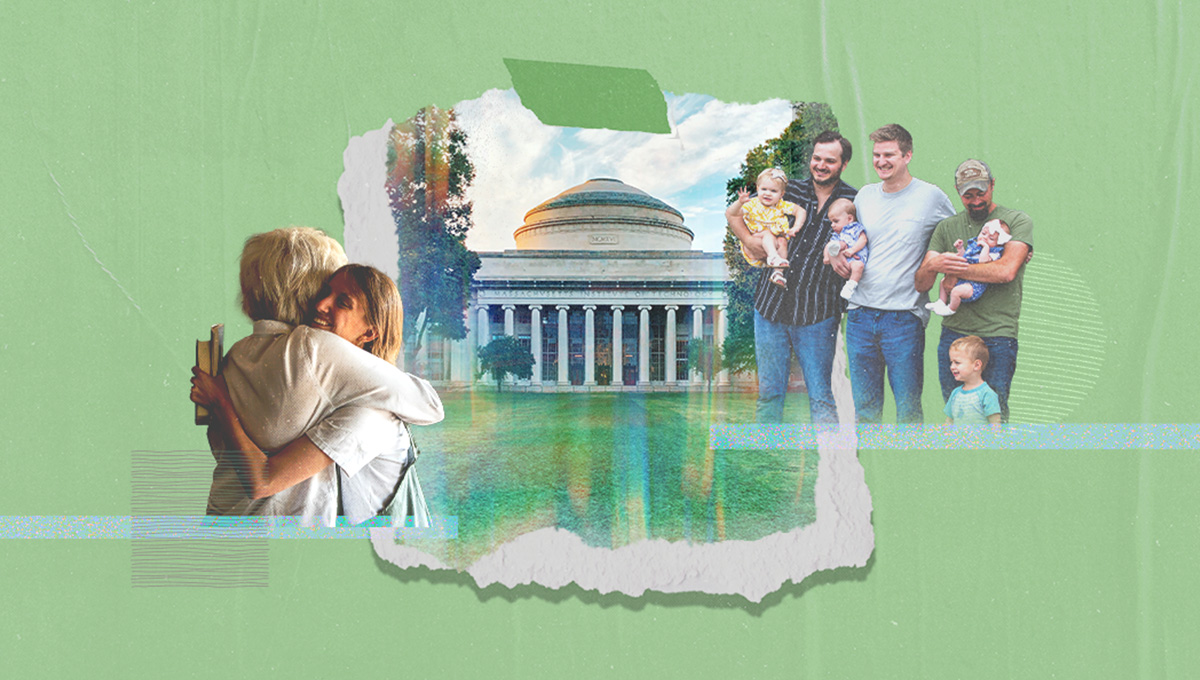There’s a crucially important question that our society simply refuses to answer:
How did people with the highest standard of living, best medical care, and more educational and entertainment opportunities than anytime in history become so unhappy?
I think we will find the answer to that question at two Ivy League schools. In 2018, Yale offered what became the most popular course in school history. Almost a quarter of undergrads signed up for Psychology and the Good Life, taught by Dr. Laurie Santos. Why did so many students at one of the world’s top universities sign up to learn how to be happy? Because, although these students had it all, they weren’t happy.
Here's Dr. Santos in the New York Times: “…our intuitions about what will make us happy, like winning the lottery and getting a good grade—are totally wrong.” What we think will make us happy doesn’t.
When you are young, it’s easy to convince yourself that happiness is right around the corner. After I graduate, after I get a job, after I move to Colorado, after I get married, after I make some money, after this and that, I’ll be happy. But what happens when you accomplish most if not all your goals and find out you’re still not as happy as you want (or expected) to be? Maybe you need to enroll in Dr. Santos’s class?
The Good Life
In 1938, with the hope of discovering what leads to happiness, researchers with the Harvard Study for Adult Development began following two groups: Harvard students and boys from Boston’s poorest neighborhoods. (All the original students were male because Harvard didn’t fully accept women as students until 1977.) Now, more than eighty years later, only a few of the original subjects are still alive.
Interestingly, two of the participants were President John F. Kennedy and Ben Bradlee, the longtime and influential editor of the Washington Post. Over the decades, the researchers expanded the study to include the family members of the original subjects and others in the original neighborhoods.
Here’s what the Harvard Gazette concluded: “Close relationships, more than money or fame, are what keep people happy throughout their lives.” Those relationships “are better predictors of long and happy lives than social class, IQ, or even genes.”
…Or you could have just read Genesis 2:18:
“The LORD God said, ‘It is not good for the man to be alone.’”
Think about how much we learn from that one sentence. Adam had everything we think will make us happy. He lived in Eden, paradise (which, I hear, is better that the mountains or the beach). He had a job—tending and keeping the garden—directly given to him by God. He had all the experiences one could desire—from fine food that would be the envy of every Michelin Chef to beautiful sunsets to living in his very own nature preserve among majestic animals. Adam even walked and talked with God in the cool of the day. In that world free from sin, how could anything possibly be wrong? How could Adam be unhappy?
Turns out, he was unhappy because he didn’t have anyone to share his life with. The Bible agrees with the Harvard Study: “Good relationships keep us healthier and happier.”
If the evidence is clear, if Harvard agrees with God, then why do we have such a difficult time having meaningful relationships?
The Good Life: Lessons from the World’s Longest Scientific Study on Happiness offers two interesting answers. First, modern society isn’t structured to maximize human happiness. Or as the authors Robert Waldinger and Marc Schulz, put it, “… the good life may be a central concern for most people, but it is not the central concern of most modern societies.” Second, Dr. Santos is correct—we aren’t good at predicting what will make us happy.
Both problems are captured in a recent Pew Research Study showing what parents want for their kids when they become adults. Pew Research reports that while only 54% of parents say it’s either very or somewhat important for their kids to have a family, a whopping 98% say the same thing about being financially independent and have careers they enjoy.
In a society that prioritizes career over family (and other relationships), it’s normal and expected for people leave behind deep, long-term relationships to move up the corporate ladder or receive a bigger paycheck. That would make sense if career and financial wealth led to personal happiness. But the data shows something different.
In addition to the conclusions of the Harvard Study of Adult Development, the 2022 American Family Survey shows 33 percent of married mothers aged 18–55 report they’re “completely satisfied” with their lives, while only 15 percent of childless women in the same age range make the same claim. The point isn’t that God calls everyone to marriage or blesses every marriage with children. Rather, it’s that we aren’t good at predicting what will make us happy.
Every parent wants their child to grow up happy, but they are working against their interests by valuing career and money over relational commitments.
Now we can answer the question we started with.
Despite all the comforts and toys most Americans enjoy compared to our ancestors, we are unhappy because comforts and toys don’t lead to happiness. We’ve exchanged deep, long term, relational commitments for a lesser treasure.
